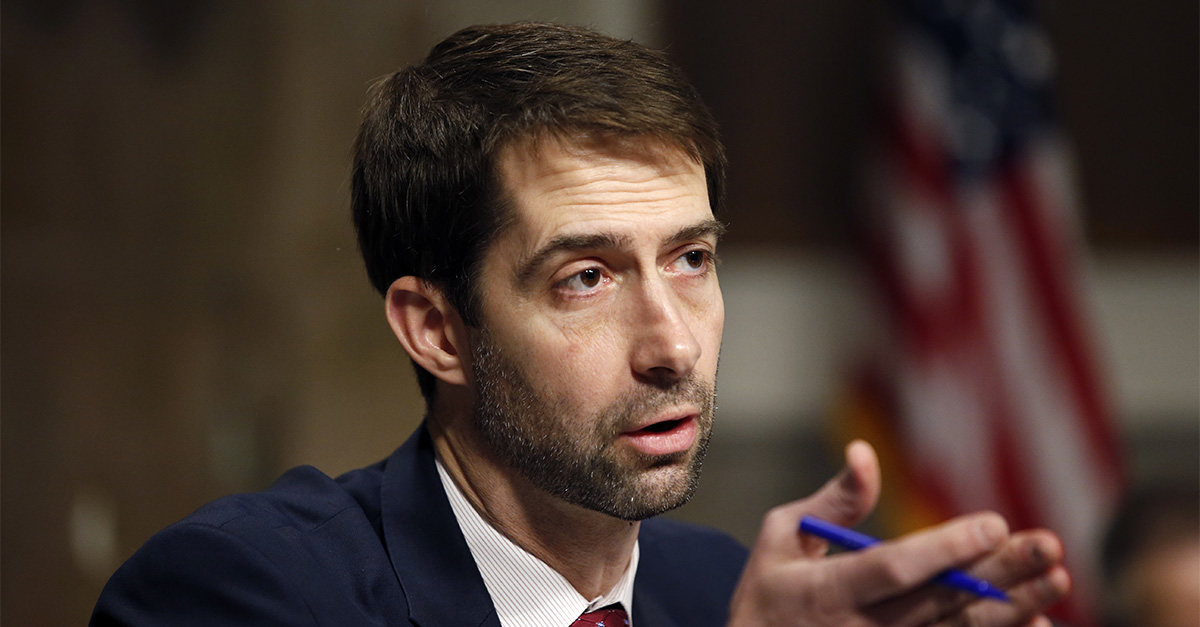Ever since it was passed, critics have tried to portray the Iran nuclear deal as a freak political accident, an import from the fringe by an Obama administration in its twilight that would eventually be corrected by the mega-hawkish instincts of the American electorate. The Republican presidential candidates attacked it vociferously, including Donald Trump who called it “the worst deal ever negotiated.” Even Hillary Clinton issued a more qualified endorsement than one might have expected.
Videos by Rare
Who’s on the fringe now? A new Morning Consult/Politico poll is out and it finds 56 percent of respondents support the Iran deal, up from 27 percent back in August 2015. This approval spike is propelled by Republicans, 53 percent of whom now back the agreement, up from just 10 percent when it was unrolled. An equivalent 57 percent say that upholding the deal is in the national security interests of the United States, provided the Iranians fulfill their side of the bargain.
Somehow the abundant charms of Tom Cotton and Jennifer Rubin have failed to persuade the public. This is a crushing defeat for the army of interest groups that lobbied against the deal back in 2015. Losing the legislative battle was painful but at least they could take heart in the prospect of a future Republican president feeding the thing into the shredder. No dice. While Trump is supposedly reviewing the agreement and has put Iran “on notice,” his State Department has also certified what I’ve been screaming for months: Tehran has fully complied with the deal, even if it’s heightened aggression in other areas. That’s the first and most potent reason behind the hike in Republican support: their champion in the White House isn’t demonizing it like he could before.
RELATED: Contra Rex Tillerson, the Iran deal is working and Donald Trump shouldn’t mess with it
What else? Detaching the deal from President Obama surely helped win over GOP voters. Gut-level identification with Trump’s foreign policy probably played a role, as the public acknowledges they want ISIS pulverized without getting lost in peripheral nation-building experiments, which is what a full-blown conflict with Iran would amount to. North Korea has consumed the nation’s mind’s eye, diverting attention away from Tehran. And time has helped, too. The Iran deal has been law for almost two years without a “fooled ya!” nuclear weapons reveal, a shambolic disintegration of diplomacy, or anything approaching another hostage crisis (that matters with older voters). There are plenty of provocations, of course, but nothing highly visible.
There is bad news. Just as Americans are finally rallying behind the deal, Iranians are mulling its repudiation—or at least amplifying their skepticism. It’s presidential election season in Iran and the headline issue is the economy. Iran’s GDP has grown since 2015 but most of that expansion has been in the oil sector and the average Iranian has yet to reap the benefits. Why? Most firms are still leery of investing in Iran thanks to the briar patch of non-nuclear-related sanctions that remain in place and America’s historically ruthless enforcement of them.
RELATED: In these uncertain times, at least Marco Rubio’s foreign policy ignorance remains a constant
This has thrown the relatively moderate president Hassan Rouhani into a defensive crouch. Rouhani promised to unlock Iran’s closed economy by attracting more foreign investment; his hardline opponents favor the old isolationist ways. “See?” they now say. “Opening to the world didn’t work. You can’t trust the Americans.” With that preening buffoon Mahmoud Ahmadinejad having been mercifully disqualified by Iran’s Guardian Council (for once its democratic curtailments work in our favor), three hardline candidates remain and all promise a more bountiful economy through hostility and isolation. Supreme Leader Ali Khamenei has certified their messages by calling for less outreach to the West. A poll finds 54 percent of Iranians expect Rouhani to lose.
A hardliner victory in Iran’s election, scheduled for May 19, would be a lamentable repudiation of United States foreign policy. It would impose yet another roadblock on Iran’s long path to political sobriety. It would empower those in Iran and in America who want to keep relations between our countries in a freeze for the sake of ideology, and disempower the young and forward-looking who want change. It would be a retreat from diplomacy just as Americans are embracing it.



